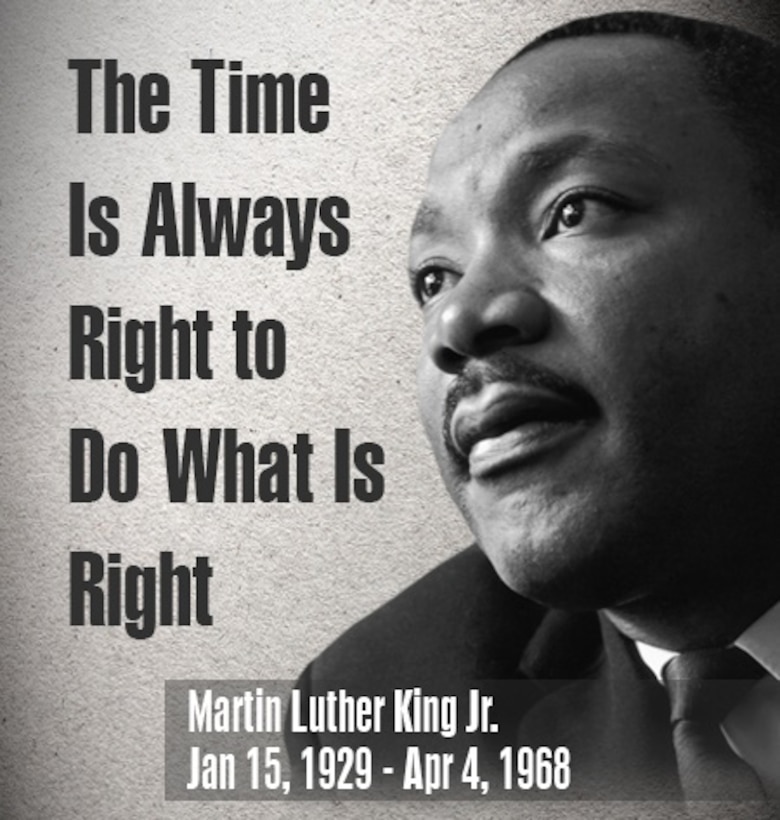Welcome back to all of those taking short courses!
Law Library & Circulation Desk Hours:
Short Course Week
Jan. 8, 2024 – Jan. 12, 2024 Monday – Friday 8:00am – 5:00pm
Martin Luther King Day
Closed Jan. 15, 2024
Martin Luther King Jr. Day
The Law Library will be closed Monday, Jan. 15 for Martin Luther King Jr. Day but never fear, all of our virtual resources will be available and law students, faculty, and staff will still have 24/7 access to the building and library spaces!
Build and Improve on Last Semester
The new semester is upon us and with it the opportunity build on and to improve on what you did last semester. The CALI lessons below can help you learn from your successes and failures. If using CALI, you will need to create an account (if you have not already done so) using a Cincinnati Law authorization code. You can obtain this code from a reference librarian.
Assessing Your Own Work
Throughout law school, students will be asked to assess their own essays by comparing them to a model or sample student answer provided by their professor. It can often be difficult to distinguish one’s work from the model. Sometimes it is hard to distinguish what a student knows, from what they wrote down. Experienced legal writers understand that subtle differentiation in language changes the meaning of what was written. This lesson will provide students with strategies for self-assessment, so that they can become critical judges of their work, and consequently precise legal writers.
How to Learn from Exams
This lesson explores one of the fundamental lawyering skills, which is self assessment. This lesson looks at how to learn from success and failures. Primarily, it focuses on what to do after a quiz, midterm, or final exam, and how to continue learning from those assessments.
Semester Self-Assessment & Reflection
This lesson is designed to help you self-assess your semester performance. It is best suited for completion after you finish a full law school semester. It begins with a brief overview of self-regulated learning and metacognition. Then, the lesson provides a step-by-step process for assessing your law school semester.
Grit, Growth, and Why It Matters. Or, How to Be Gritty!
This lesson will teach you what grit and growth mindset are, and why they are important for learning and mastering success, specifically as they pertain to law school.
Meta cognition
This lesson focuses upon the concept of metacognition and teaches you how to enhance your understanding about how you learn to better improve your study, organizational, test-taking and self-assessment skills with the goal of improving your performance in law school. The lesson should help you better understand your individual learning process and show you how to use this information to develop study and test-taking skills needed for success in law school.
January Arguments at the Ohio Supreme Court
You can view the live stream of oral arguments on the Court’s website or see them after the arguments take place in the Ohio Channel archives.

Tuesday, January 9, 2024
Ohio v. Maldonado – whether a court of appeals may consider a case en banc before a decision has been released by a three-judge panel of the court. Court News Ohio Oral Argument Preview
Harmon v. City of Cincinnati – whether a court considering whether an individual right of action is preempted by Ohio Rev. Code secs. 4117.01 – 4117.24 lacks jurisdiction if the underlying claim arose from or depended upon an interpretation of the collective bargaining rights guaranteed by a collective bargaining agreement. Court News Ohio Oral Argument Preview
Phoenix Lighting Group LLC v. Genlyte Thomas Group LLC – whether a trial court may award attorney fees and expenses for post-trial and appellate work on remand.
January Arguments at the United States Supreme Court
From SCOTUS Blog:
Monday, January 8, 2024
Campos-Chaves v. Garland – whether the government provides notice “required under” and “in accordance with paragraph (1) or (2) of” 8 U.S.C. § 1229(a) when it serves an initial notice document that does not include the “time and place” of proceedings followed by an additional document containing that information, such that an immigration court must enter a removal order in absentia and deny a noncitizen’s request to rescind that order.
Federal Bureau of Investigation v. Fikre – whether respondent’s claims challenging his placement on the No Fly List are moot given that he was removed from the No Fly List in 2016 and the government provided a sworn declaration stating that he “will not be placed on the No Fly List in the future based on the currently available information.”
Tuesday, January 9, 2024
Sheetz v. Cnty. of El Dorado – whether a building-permit exaction is exempt from the unconstitutional-conditions doctrine as applied in Nollan v. Cal. Coastal Comm’n and Dolan v. City of Tigard simply because it is authorized by legislation.
Office of the U.S. Trustee v. Hammons – whether the appropriate remedy for the constitutional uniformity violation found by this court in Siegel v. Fitzgerald is to require the United States Trustee to grant retrospective refunds of the increased fees paid by debtors in U.S. Trustee districts during the period of disuniformity, or is instead either to deem sufficient the prospective remedy adopted by Congress or to require the collection of additional fees from a much smaller number of debtors in Bankruptcy Administrator districts.
Wednesday, January 10. 2024
Smith v. Arizona – whether the confrontation clause of the Sixth Amendment permits the prosecution in a criminal trial to present testimony by a substitute expert conveying the testimonial statements of a nontestifying forensic analyst, on the grounds that (a) the testifying expert offers some independent opinion and the analyst’s statements are offered not for their truth but to explain the expert’s opinion, and (b) the defendant did not independently seek to subpoena the analyst.


